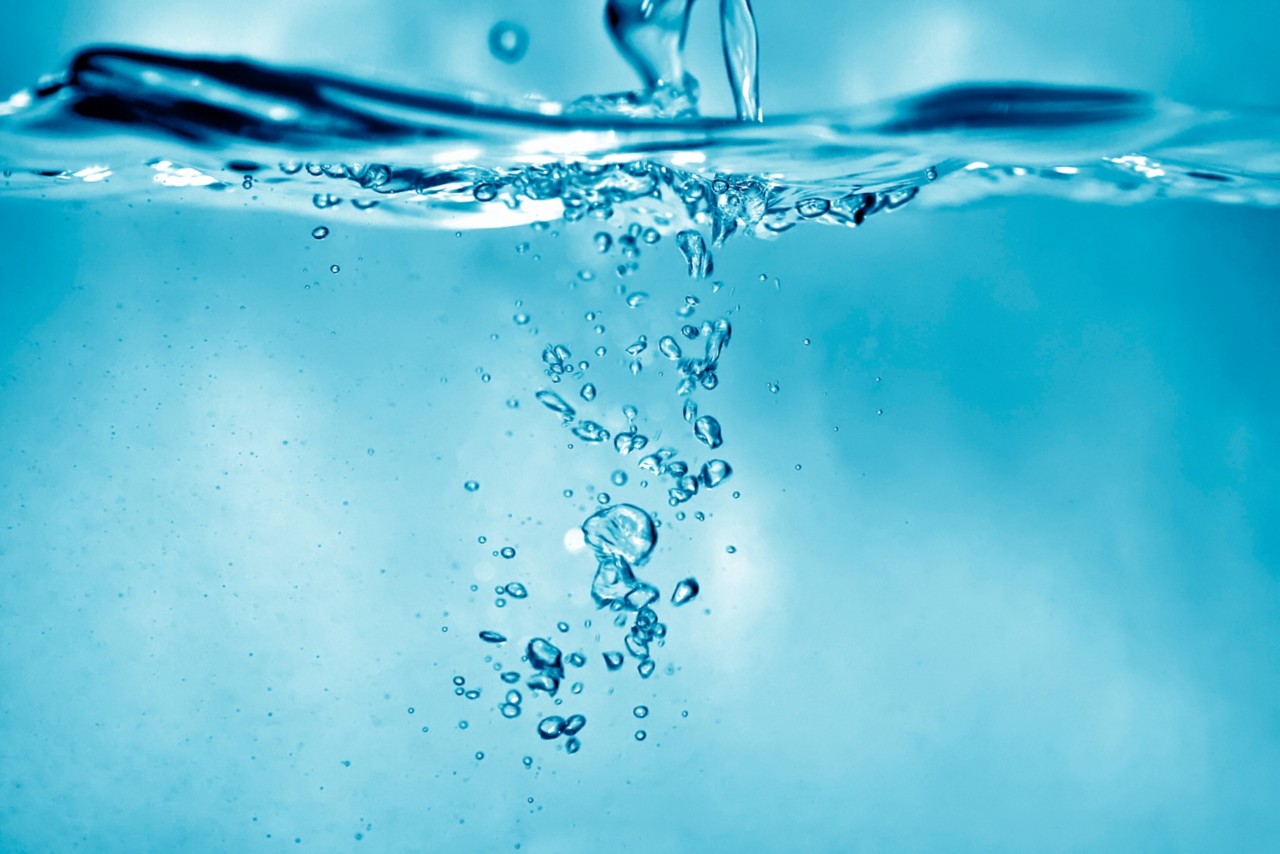Stop Wasting Water and Money. FIND A LOCAL PRO
Hard water shouldn't be the bane of your existence. That's where water softeners come in. But how much do you really know about these mineral-reducing solutions? Let's take a look at some of the top water softener myths so you can get your facts straight when it comes to your water supply.
Myth 1: Ion exchange softeners are the only way to soften water.
Fact 1: Sure, traditional water softeners that use salt to attract calcium and magnesium are the most popular water softener. But they're not your only option.
Myth 2: Soft water feels slippery and leaves a film on your skin.
Fact 2: There's no denying the different feel of soft water vs. hard water. Let's be upfront though — the differences you're feeling are not a film. To understand it better, you have to ask yourself, "what does a water softener do?" Most water softeners work by replacing the calcium and magnesium molecules in your water — the ones responsible for the white residue around your tub and sink — with sodium or potassium. This is a good thing because it means the mineral scum that's typically in hard water isn't clinging to your skin.
That softness you're feeling, that's what it feels like to be clean without minerals interfering. It's not soap — it's just your body's natural oils. Soft water actually rinses you cleaner than hard water, which is why it can feel more slippery.
Myth 3: Salt (or ion exchange) softeners don’t introduce any sodium to the water.
Fact 3: Without adding sodium to the water, an ion exchange softener wouldn't function.
Here's why: Ions are the electrically charged dissolved form of an element. Calcium and magnesium ions (the two baddies that cause hard water) carry a double positive charge (++). Sodium carries a single (+) electric charge. Thus, for every calcium or magnesium ion removed by a whole house water softener, two sodium ions are introduced to the water.
These sodium ions are necessary to remove the calcium and magnesium from the water.
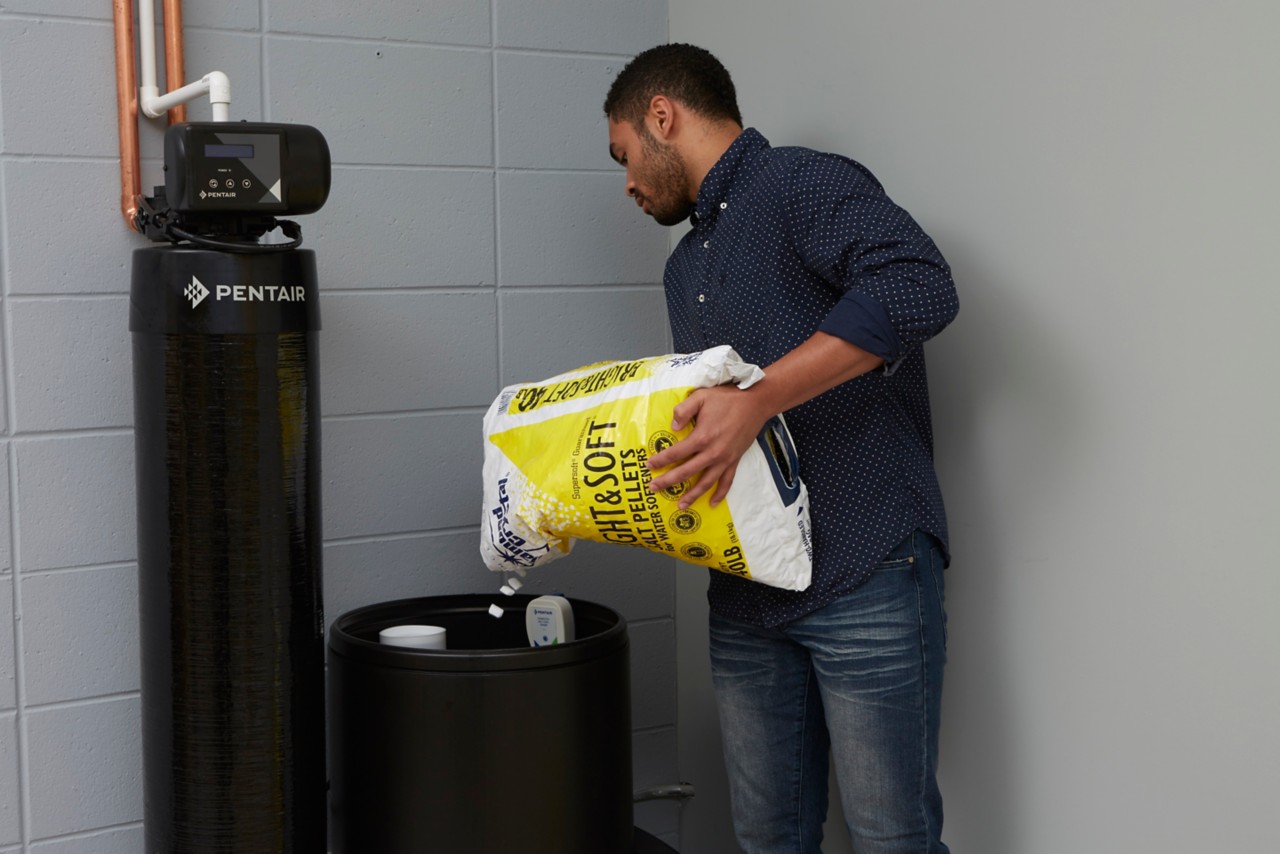
Myth 4: The amount of sodium in softened water is unhealthy.
Fact 4: Do water softeners add sodium to drinking water? As we learned above, the answer is yes. Luckily though, for most people, the amount of sodium added isn't a health issue.
The FDA recommends adults eat 2,300 mg of sodium per day. However, according to research, a liter of softened water only has 278 mg of sodium, meaning that you'd have to drink a large amount to come close to exceeding that limit.
Myth 5: All water softeners put salt in your water.
Fact 5: It’s true all salt-based water softeners leave residual amounts of sodium in your water.
Myth 6: Water softeners filter water.
Fact 6: Water softeners are great at removing minerals from water. But they won't get rid of other contaminants. That's where a water filter comes in. When thinking about a water softener vs. water filter, consider the source of your water. Do you use a well or cistern? In that case, a water softener is probably more important to you. Do you have municipal water and want to get rid of the chlorine taste? Then you might appreciate a water filter more. Of course, you can get both systems for the best tasting water of your life.
What's in your water?
start here
Worried about your water? Take control with our at-home water test kit. We'll analyze your water and recommend the best filtration or softening solution for your specific needs.
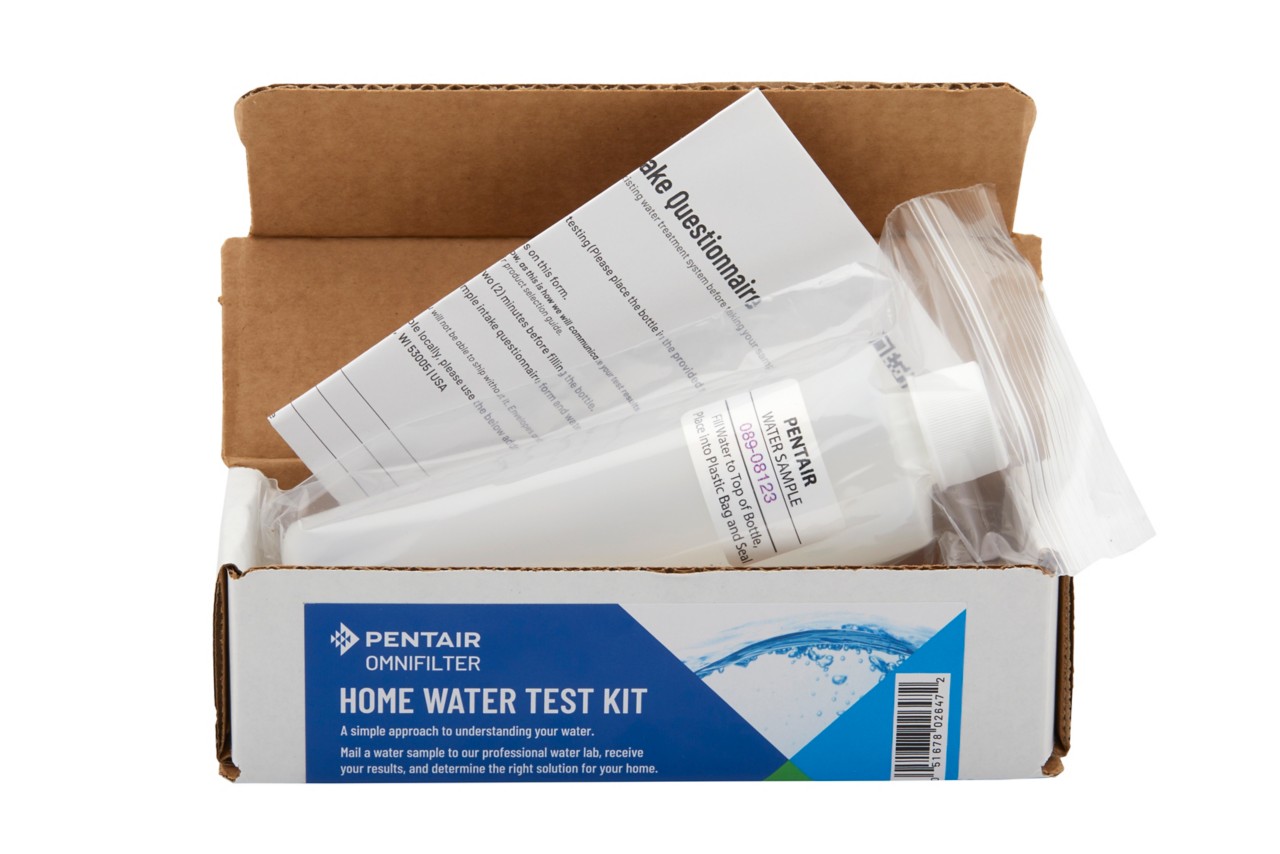
Myth 7: Hard water fades clothing and dries my skin and hair.
Fact 7: It's not technically the hard water on its own fading your clothing. It may actually have more to do with the soap you're using. Some detergents mix with the minerals in the hard water to form a residue that makes it look like your clothes have faded. You can fix this by using hotter water or switching detergents.
As for your skin and hair, typical dry skin and hair is the result of chlorine in the water, which will dry out your skin and hair. Remember how your skin and hair are affected after swimming in a chlorinated pool? Get a whole house water filter to prevent skin drying due to chlorine.
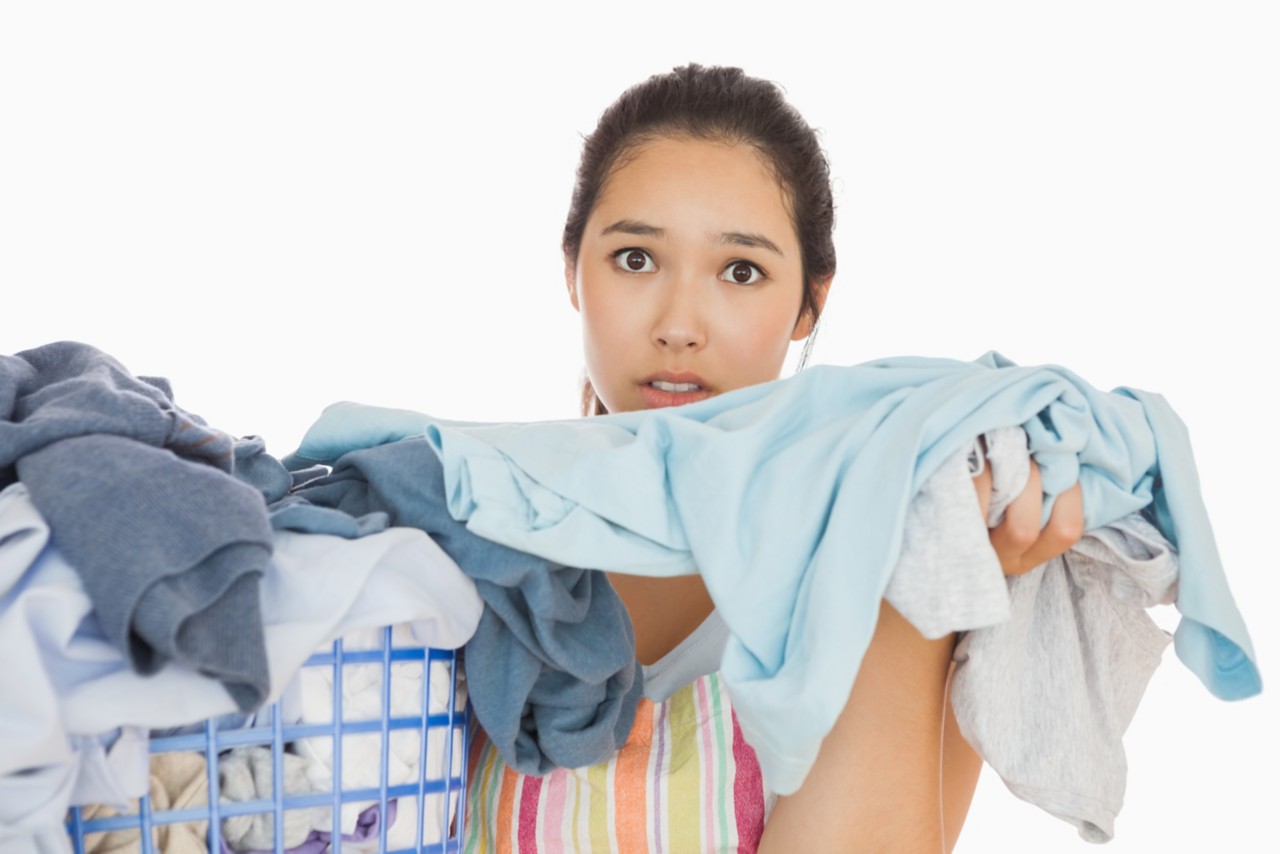
We are water Experts
Water quality is non-negotiable. To prove it, we've built state-of-the-art water quality labs and filled them with the best and brightest scientists — all so we can provide you with the best water of your life.
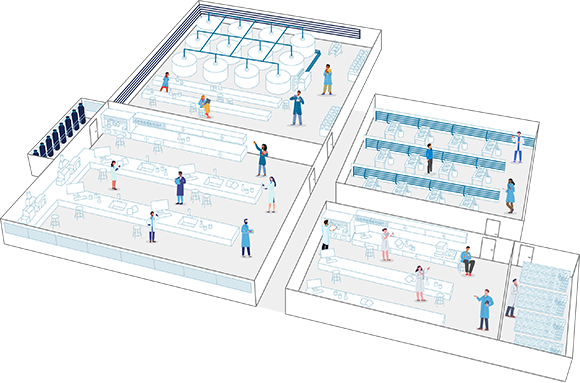
Myth 8: Salt softeners are allowed in any state.
Fact 8: Many states have chosen to ban salt-based water softeners outright because of their negative ecological effects. It's inevitable that a salt-based system discharges some brine. In places that see a lot of droughts, this wastewater can have a huge ecological impact and make it harder for water treatment plants to treat.
Many states have imposed some kind of ban on water softeners, including California, Texas, Massachusetts, Arizona, and Connecticut.
Myth 9: Water softeners waste water and energy.
Fact 9: While water softeners do require small amounts of water and energy, it's not wasteful if it's creating a product you love. In fact, our salt-based water softeners feature an on-demand water regeneration system that drastically reduces water waste compared to traditional systems. This efficiency benefit applies to both residential units and commercial water softeners. Even better, this system is electronically programmable, so you can save energy when you don't need it to be running.
Myth 10: Hardness is a contaminant that should be removed.
Fact 10: Here's a little secret — the calcium and magnesium found in hard water aren't actually bad for you. They're just minerals. You don't have to remove them to drink your water. But, if you want great-tasting water you can trust, we recommend a Pentair water softener. Hardness can also do a number on your appliances, dishes, and sinks, which is another reason we recommend removing it.
Myth 11: You don’t need a water softener if you have city water
Fact 11: Over 85% of Americans have hard water coming out of their tap. Contrary to popular belief, water utilities do not soften water, as it's not required by law. If you want to put a stop to your water's hardness, it's all on you. A whole house water softener will do what your water utility won’t — provide you with softer, tastier water.

Water 101
Unleash the secrets of your H2O! Explore where water originates and discover the various water filtration solutions that transform it into drinkable water.
Related Articles
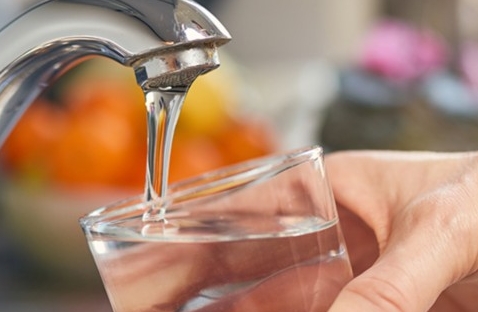
7 Signs Your Need a New Water Softener or Filter
In an ideal world, every glass of water you pour…

Cleaner, Softer Clothing With Soft Water
Do you have water stains on your clothes? Is there sediment…
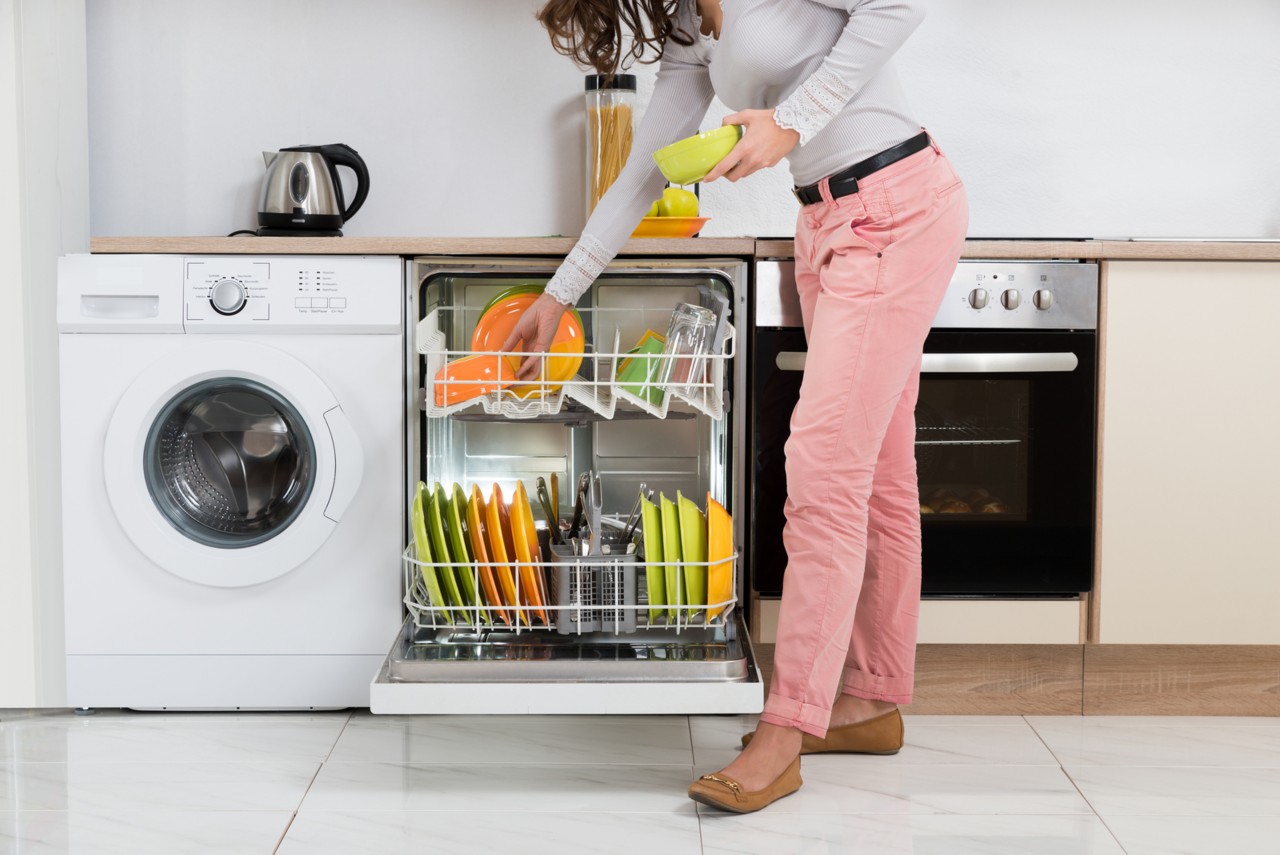
Upflow vs. Downflow
Water softeners can be upflow, where water is forced upward or downflow, where water …
Disclaimer: The information on this website has not been reviewed by the FDA. Products offered for sale herein are not intended to treat, cure or prevent any disease or health condition. No medical claims are being made or implied. Contaminants mentioned are not necessarily in your water.




